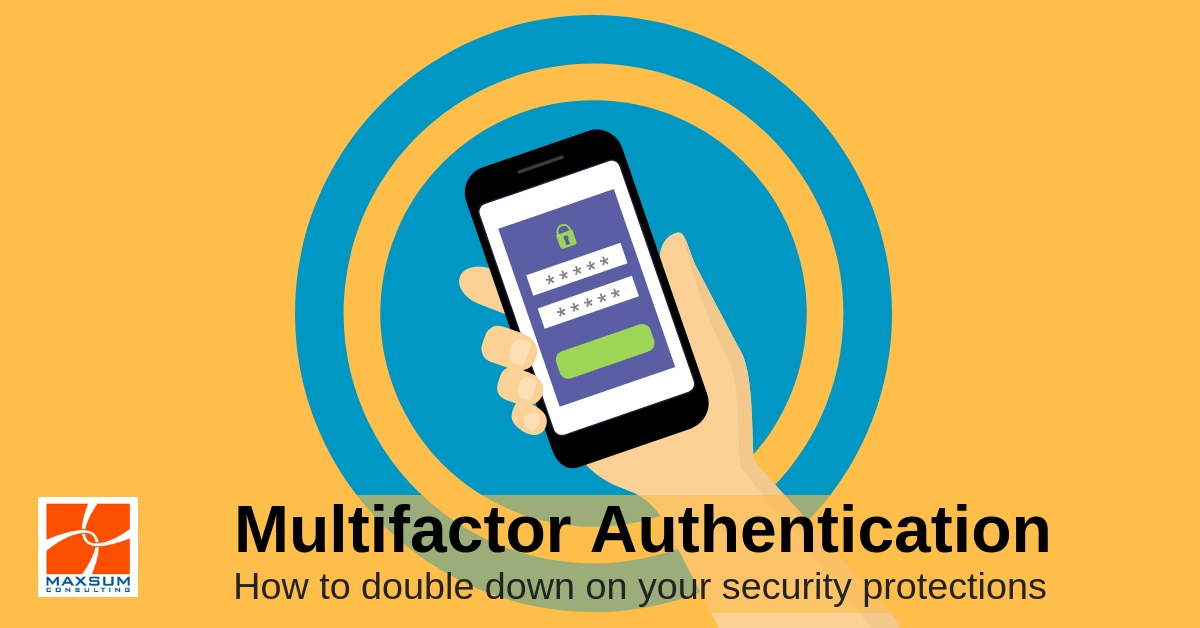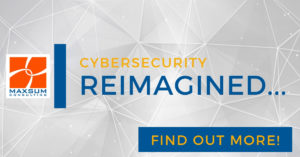[vc_row][vc_column][vc_column_text]
Multifactor Authentication – Doubling down on your password protection
Here’s a little fact for you to consider as you think about your business’ potential exposure to data breaches: Over 80% of hacking-related breaches in 2017 were the result of weak, default, or stolen passwords!
This literally means that in 80% of cases, all that stands between an attacker and a (potentially reportable and reputation-damaging) breach of your sensitive data is a password! Unfortunately, passwords don’t seem to be cutting the mustard much anymore!
Why the humble password is no longer defending your data
Whether it’s high-profile cases like the most recent Facebook compromise of some 50 million user accounts, or opportunistic attacks on small businesses where email accounts are compromised to launch phishing attacks, it’s now clear that we need to double down on protecting our passwords. As a technology provider at the coalface, assisting businesses to remediate data breaches, we can confirm that well upwards of that 80%, in fact some 95%-plus, of the data breach cases we have seen throughout 2018 have been the result of simple password compromises.
The top three ways passwords are being compromised
- Human error: Succumbing to phishing attacks or using poor password protection practises.
- Lack of strict passport policies: Choosing easily guessable passwords and not changing them regularly enough.
- AI-powered bots and bad guys: That are using complicated algorithms and tools to decrypt easily crackable passwords faster and more adeptly than ever before.
Layer up your security protections with Multifactor Authentication
Major industry players are no longer putting their faith in password protection alone. In fact at the recent Microsoft Ignite summit this year, Microsoft announced “the end of the password era”. But it will be some time before businesses can fully transition away from the humble password.
The more effective and realistic option for the here and now and the foreseeable future is to double down on your password protection by using Multifactor Authentication (MFA), also sometimes referred to as Two-factor Authentication (2FA).
Multifactor Authentication – What it is and how it works!
Multifactor authentication (MFA) is a process whereby a user is required to authenticate or verify the legitimacy of a sign-in attempt using two or more identifying factors.
When MFA is enabled, and a user enters a password, they are then further prompted to authenticate their login attempt a second time using a secondary credential or “authentication factor”.
These secondary authentication factors will generally prompt you to verify the authenticity of your log in by providing proof of:
- something you know (using security questions like: what’s your mother’s maiden name, PIN codes, etc.)
- something you have (a code, token, key or push notification sent to your device), or
- something you are (fingerprint or facial recognition)
Once this secondary hurdle is passed, you may need to complete additional verification steps depending on how many factors have been set up before you are granted access.
MFA in action!
Say for example a malicious actor has gained knowledge of your username and password and attempts to log into your account. They will not be granted access without being able to verify their attempt using the secondary authentication factor. You will receive notification that someone has attempted authentication to gain access to your account, and if you have not made any such attempt, this should alert you immediately to the fact that your password has been breached.
Having MFA enabled makes it significantly more difficult for malicious actors to access your accounts or use stolen credentials. And while nothing will ever guarantee 100% security protection, had it been in place, MFA would have prevented the overwhelming majority of the password credentials-based data breaches we’ve seen this year. MFA is most definitely one of the easiest and most reliable ways to double down on your business security protections.
Talk to Maxsum today about getting MFA in place, or better yet, come along and see how it works for yourself live at our upcoming Multifactor Authentication Workshop – Register Now!



